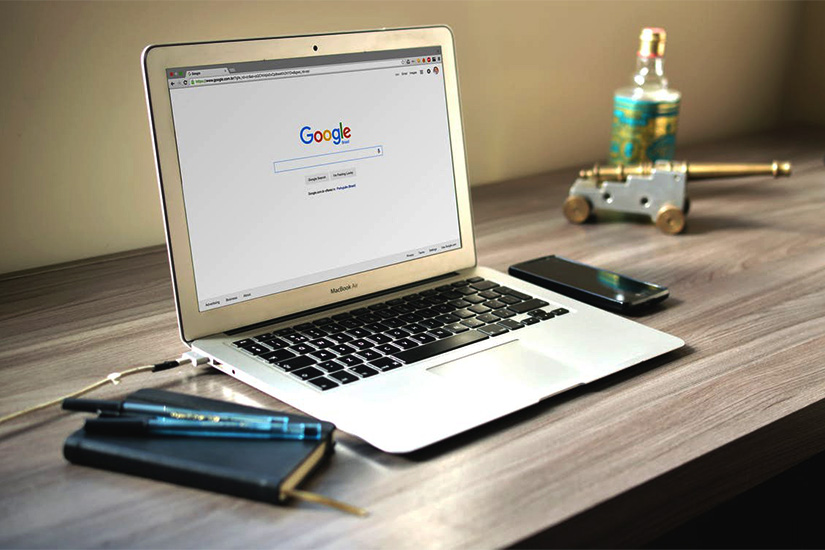
Hardly a day goes by when I’m not looking something up on the internet—a recipe, an actor on the IMDB, photos, knitting patterns, or that awesome deal at a favorite shopping haunt. Over the past 25 years—spending time on the computer/phone/tablet has become a normal function of my daily life.
But it doesn’t come without concerns, things like privacy, “oversharing” and financial scams. Quite frankly, we are still learning about these issues every day. The internet evolved faster than our rules and processes for safety when using the internet. So, how can you be SMART when using the internet?
Use trusted, secure websites.
- Nothing on the internet is 100% secure…so user
beware. That being said, “secure” sites have the prefix https://www…
- Https designated sites enable computers to use a code during their communications. This code can then scramble messages between the computers so they cannot be read by a third party.
- What kind of website is this? We can learn a lot
about the origination of a website via its domain. Not sure everyone will know
what a domain is
- .com = commercial; open to any person or entity; example amazon.com.
- .edu = education; limited to higher education institutions; example upenn.edu.
- .org = organization; open to any person or entity but usually a non-profit, public interest organization; example oncolink.org (OncoLink), cancer.org (American Cancer Society).
- .net = network; open to any person or entity. Intended to serve distributed networks of computers or “umbrella” sites. Example Verizon.net (all VERIZON products managed here).
- .gov= government; limited to US Government entities and agencies at national, state, county and local levels. Example: cdc.gov (Centers for Disease Control).
- .mil = military; reserved for use by the US military.
- When was the information on the website written, updated and last reviewed?
- Who is writing the content on this
website?
- Are the credentials of the writer(s) available/included in the content or listed on the website?
- This is especially important if you are looking for medical/scientific information.
Strong, protected passwords.
- I know it is painful and hard to remember, but strong passwords these days are long (>10 characters) and include mixtures of upper and lower case characters, numbers and special characters like chan$URpa%%word. Get creative and try to create combos that you can remember but are hard to crack.
- If a site offers dual authentication, use it. This means you enter a password and then the site sends you a message, by text, phone or email, to confirm your log in. It’s an extra layer of safety.
- Think CAREFULLY about those security questions. Does everyone know your first pet’s name was “Spot?” Probably not the best question/answer to use. I just did an internet search for myself and found my birthday, where I’ve lived and what cars I’ve owned. Anything anyone can find out about you via an internet search is not a great thing to use in a password or challenge question/answer either.
- Yes, I know it’s a challenge for our memory, but try to use different passwords for different websites-especially your bank accounts, credit cards or anything tied to financial information.
- Invest in a protected password management app-these apps keep a record of your passwords for all of the sites you use and can even suggest strong, difficult to crack passwords to use. I recommend “Keeper.”
- Conduct regular password maintenance checks. I suggest when you change your clocks and your smoke alarm batteries, you also check and change passwords.
Beware of scams and false information!
- If it sounds too good to be true—it probably
is.
- Received a strange looking email? Think before you click on “open.” Viruses and malware can be imbedded in email subject lines. If you aren’t expecting it or didn’t ask for something to be sent to you-delete it.
Protect your network
- Who can access you home wireless network? Most
internet service providers (ISP’s) offer protection services like personal
firewalls for home networks.
- Once again, have a STRONG password. In my house, my phone picks up no less than 7 available wireless networks nearby. Without strong passwords, a hacker with bad intentions could easily access these networks and the data (think credit card information) shared over them.
Use virus protection software
- This software is designed to detect and remove
viruses, worms and trojan horses (bad stuff) from infecting your computer and
your data.
- This software can also detect spam and spyware as well as set up a secure Firewall around your network.
Yes, it is a lot to protect your safety, privacy and financial well-being on the internet—but believe me it is worth the effort. What other things have you done to protect yourself when using the internet? Our next blog will focus on social media (Facebook, Instagram, Twitter) safety. Have you checked your privacy settings lately?
Christina is a clinical oncology social worker who joined the OncoLink team in 2014. Christina blogs about resources available to the cancer community, as well as general information about coping with cancer practically, emotionally, and spiritually. Christina is an avid knitter and spends a great deal of time posting pictures and stories about her three beagles, Linus, Maggie and Huckleberry. She also loves to travel, cook and is an avid Philly sports fan.
Thanks I will share this with my friends. Being seniors we can use the help understanding this technology.